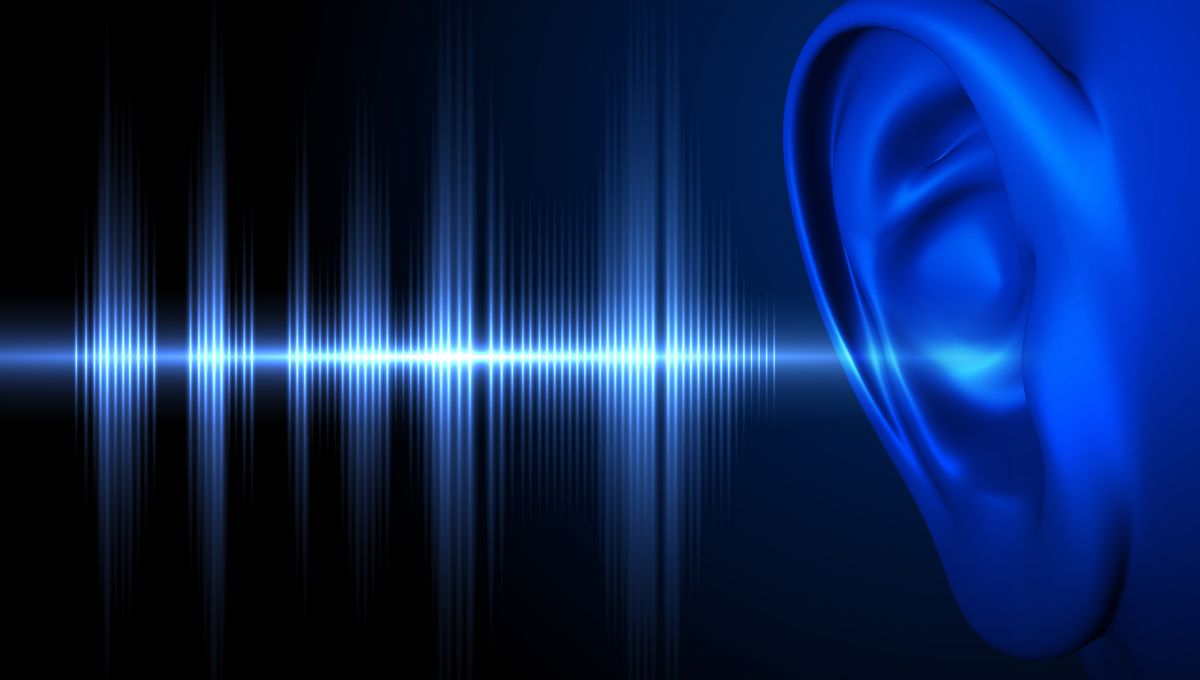
Several months ago I thought I was going mad. Whenever I lay in bed and turned off the lights, I’d hear the faint sound of something humming in the flat. It happened every night without fail. Once I homed in on it, I’d spend time going around checking the sockets of anything I’d plugged in, and yet none of these nocturnal hunts ever identified a source. What was more infuriating is that the noise only seemed to occur at night, though I initially explained this away as it being constantly present but otherwise drowned out by things like traffic and other ambient sounds in the day light hours.
Anyway, the whole thing went on for months and then it stopped very suddenly around the same time that my neighbor moved out. It turns out I was hearing the white noise generator they used for their young baby. A maddening experience. But still, it raised the question of the sound electrical appliances make. I am sure many people know the type of sounds I’m talking about – buzzes or hums that come from the sockets on certain appliances. But despite the association with the electricity that powers them, what we are hearing isn’t actually the electricity itself.
Electricity doesn’t make a sound on its own. Instead, it can cause indirect sounds when the current interacts with materials or components. This results in the buzzing or humming mentioned above. This is because electricity provided by power stations often relies on alternating currents (AC). This means that the current reverses its direction many times a second at regular intervals, changing its magnitude in the process.
The exact number of times this occurs depends on the country’s main electricity but generally ranges between 50 and 60 Hz. The hum it produces is usually around twice the frequency of the AC power itself. So, in somewhere like the US, the hum is around 120 Hz, while in Europe, it is more like 100 Hz.
In most cases, the culprit causing this hum is the magnetic element inside the device itself. Even when you’re outside and hearing the buzz of power lines, it is most often the electrical transformer, which changes the level of the alternating current so that its voltage is lower but still powerful enough to work in people’s homes (without overloading their electronics).
The same thing happens in most electrical devices, from TVs to toasters and light bulbs. When the transformer experiences the current passing through it on and off 60 times a second, it can start to vibrate.
So some humming from an electrical device is fine, however, if the sound has suddenly appeared, is loud or particularly unusual, then it could mean the device has serious problems.
Source Link: Can You Hear Electricity?